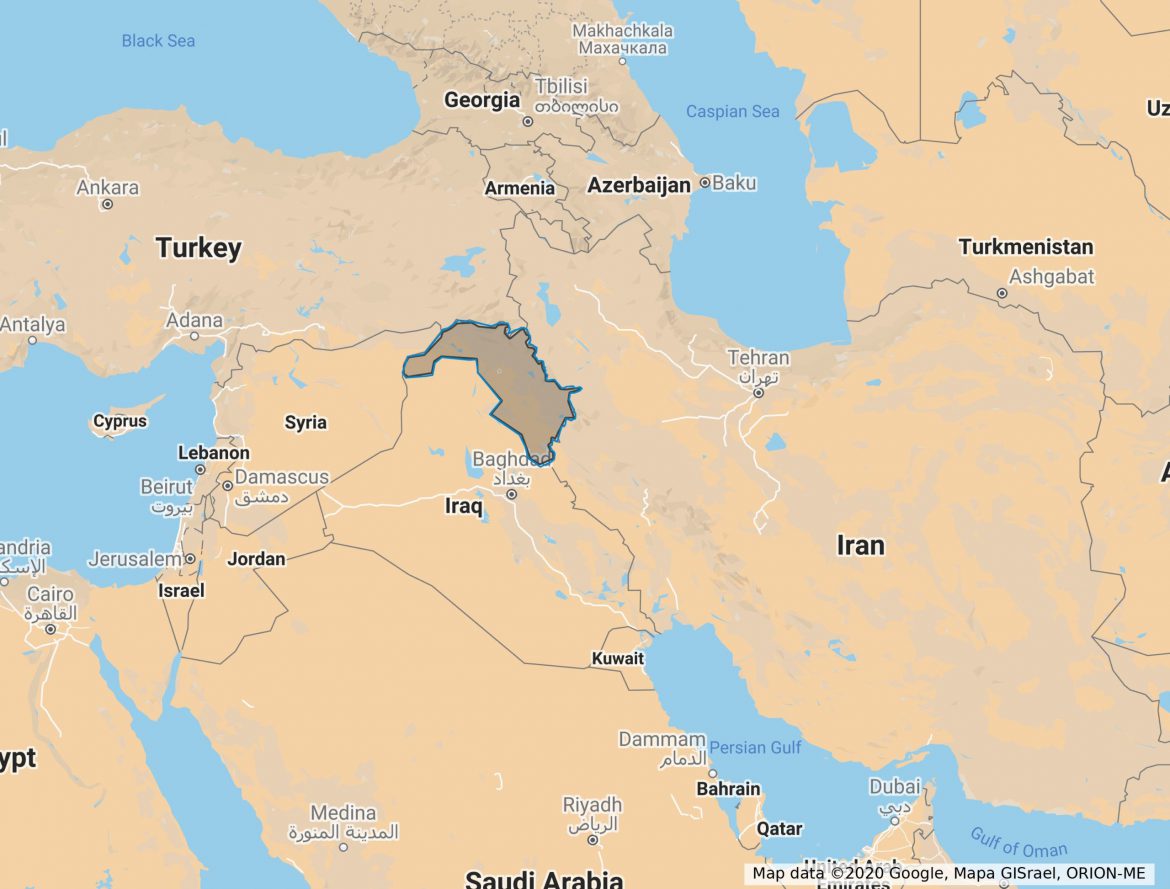Washington Kurdish Institute
By: Dr. Saman Shali March 20, 2024
Iraq stands at a critical juncture in its history, facing daunting challenges stemming from decades of conflict, instability, and governance failures. To pave the way for a brighter future, Iraq requires a comprehensive reform project that addresses political, judicial, economic, social, and security dimensions. This reform agenda outlines rebuilding Iraq and creating a foundation for sustainable development, prosperity, and peace.
Political Reform:
Political reform is necessary to create a stable and comprehensive federal governance framework. Key measures include:
- Strengthening democratic institutions: Iraq must enhance the independence, transparency, and effectiveness of its legislative, executive, and judicial branches.
- Promoting national reconciliation: Addressing sectarian divisions and grievances is crucial for fostering social cohesion and political stability.
- Strengthening the relationship with the region: The federal government must work with the regional government and solve all outstanding problems according to the Iraqi Constitution to ensure the unity of Iraq and independence.
- Electoral reform: Implementing fair and transparent electoral processes ensures genuine representation and legitimacy in government.
Judicial reform:
Judicial reform is one of the most important cornerstones for protecting its independence from partisan and external influences. Repairs include the following:
• Integrity of the judiciary: The most important thing that should characterize the judiciary is that it should be made up of honest judges who are far from financial and administrative corruption.
• Commitment to the Constitution: The Supreme Judicial Council and the Federal Court must adhere to the Constitution and respect its provisions and the spirit of the Constitution, which is built on the foundations of balance, consensus, and partnership to ensure the unity of the country.
• The Federal Court: Restructuring the Federal Court according to the Constitution, Article 92, and adhering to its constitutional powers according to Article 93 to restore confidence in the Court and distance it from political influences.
• The Council of the Federation: A legislative council called (the Federation Council) must be formed, and the conditions for membership and its powers must be legislated by the House of Representatives in accordance with Article 65 of the Constitution to ensure fair justice for all Iraqis.
Economic Reform:
Economic reform is imperative for diversifying Iraq’s economy and reducing its dependence on oil revenue. Strategies include:
- Economic diversification: Investing in non-oil sectors such as agriculture, manufacturing, and tourism creates employment opportunities and stimulates economic growth.
- Fiscal transparency and accountability: Combatting corruption and improving fiscal management ensures that resources are utilized efficiently and equitably. The fight against corruption begins from the top of the pyramid to the bottom, not vice versa.
- Private sector development: Creating an enabling environment for entrepreneurship and investment fosters innovation, competitiveness, and economic resilience.
- Banking performance: Banks are considered the primary participants in economic development. Therefore, strict foundations must be established to guarantee customers’ rights and restore confidence in them so that banks begin investing these funds to serve the diversified economy.
Social Reform:
Social reform addresses inequalities, improves human development outcomes, and promotes social cohesion. Actions include:
- Investing in education and healthcare:Enhancing access to quality education and healthcare services empowers individuals, fosters human capital development, reduces poverty and unemployment
- Social safety nets: Implementing targeted social welfare programs helps alleviate poverty, mitigate inequality, and protect vulnerable populations.
- Minority rights protection: Safeguarding the rights of ethnic and religious minorities promotes diversity, tolerance, and social integration as referred to in the Constitution, Articles 3 and 14.
Security Reform:
Security reform is critical for combating terrorism, ensuring public safety, and building trust between the state and its citizens. Measures comprise:
- Strengthening security forces: Enhancing the professionalism, capacity, and accountability of Iraqi security forces enables them to combat terrorism, insurgency, and organized crime effectively.
- Federal Police: Promoting federal-oriented policing fosters cooperation between law enforcement agencies and local communities, enhancing security and trust.
- Addressing the root causes of insecurity: Addressing social and economic disparities, political grievances, sectarian and tribal tensions, and rampant weapons addresses the underlying drivers of conflict and instability.
- Military militias: The federal government must prevent the formation of these military militias outside the regular armed forces in accordance with Article 9B of the Constitution.
Regional and International Cooperation:
Engaging with neighboring countries and international partners is essential for supporting Iraq’s reform efforts and promoting regional stability. Actions entail:
- Diplomatic engagement: Building constructive relations with neighboring countries and regional powers, according to Article 8 of the Constitution, facilitates cooperation on common challenges and promotes conflict resolution.
- International assistance: Seeking support from international organizations and donor countries enables Iraq to access expertise, resources, and assistance in implementing reforms and rebuilding infrastructure.
- Multilateral initiatives: Participating in regional initiatives and platforms for dialogue, cooperation, and confidence-building fosters mutual understanding, trust, and security in the region.
Rebuilding Iraq requires a comprehensive reform project that addresses the root causes of its challenges and lays the groundwork for sustainable development, prosperity, and peace. By implementing political, economic, social, and security reforms supported by regional and international cooperation, Iraq can overcome its legacy of conflict and instability and build a better future for its people. The time for reform is now, and concerted efforts from all stakeholders are essential for realizing Iraq’s potential and securing a brighter tomorrow.
Dr. Saman Shali, Political Analyst.
Disclaimer: The views expressed here represent those of the author and not necessarily those of the WKI.

